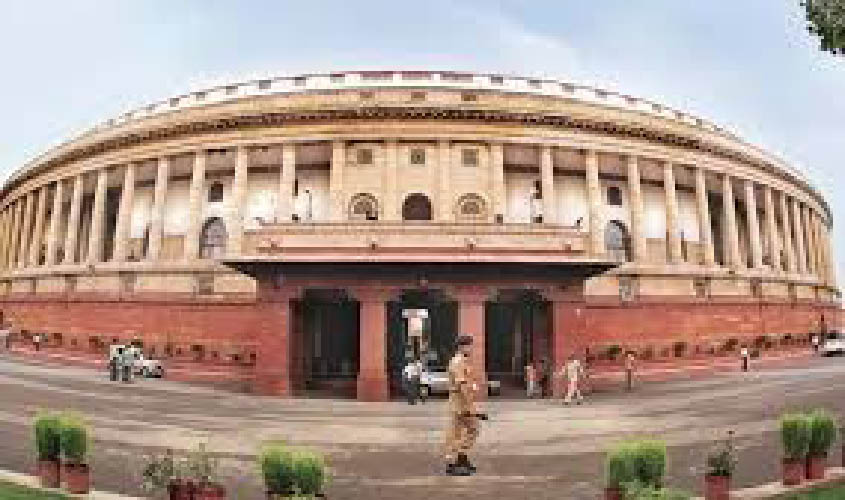This is due to lack of political consensus among several political parties.
New Delhi: The long pending Women’s Reservation Bill is not likely to pass even in this winter session of Parliament despite a long-standing demand for substantial representation of women in the highest lawmaking body of the country.
Women who constitute nearly half of India’s population have only 11% representation in Parliament. The average for the state Assemblies is an even poorer 9%.
Out of the total 543 Members of Parliament in Lok Sabha, only 66 are women, while amongst the 233 elected representatives in the Rajya Sabha, only 10% (23) are women. In the states, out of the 4,118 Members of Legislative Assemblies, only 9% (on an average) are women, according to the Economic Survey of 2017-18.
Bihar has the highest representation of women among the state Assemblies, with 14% of women legislators; Sikkim has 13%; West Bengal, which is led by a woman Chief Minister, has just 12% of women in its Assembly. The National Capital Territory (NCT) of Delhi has just six women legislators out of a total of 70. States such as Nagaland and Puducherry have zero representation of women. Goa and Meghalaya have just one woman lawmaker each. In a recently released report by the Inter-Parliamentary Union (IPU) and the UN Women 2017, “Women in Politics”, India ranked at the 148th position in representation of women in executive government. Countries like Bolivia, Cuba, Mexico, Senegal and South Africa ranked among the top 10 countries. Even countries like Nepal, Afghanistan and Iraq have 25%-30% women’s representation.
The Women’s Reservation Bill [The Constitution (108 Amendment) Bill], that calls for 33% of reservation of seats for women in the Lok Sabha and in Legislative Assemblies, has been tabled in the Parliament several times in the past and is likely to be tabled in this winter session of Parliament as well. But according to women’s rights activists, it is not going to see the light of for the lack of political consensus among political parties. The Bill has lapsed five times since it was introduced in Parliament in 2008.
Abha Singh, senior advocate and women’s right activist, told The Sunday Guardian, “It is the patriarchal mindset of our politicians, who do not want to share political space with women, that is stalling this Bill. The BJP in its 2014 manifesto talked about women’s reservation in Parliament, but they did nothing, despite having a clear majority in Lok Sabha. There is a lack of political will because women are not united; that is why their political vote is not substantial.” “This government has let the women of this country down. They talk of women’s empowerment and Beti Bachao Beti Padhao, but fail to recognise that women, who constitute almost 50% of the population, also have a claim to equal power. Even smaller countries like Bangladesh and Pakistan have 33% reservation for women in their respective Parliaments,” Singh added. Recently, Congress president Rahul Gandhi wrote to Congress Chief Ministers to pass a resolution for 33% reservation of women.
This comes after Sonia Gandhi, former Congress president and UPA chairperson, wrote to Prime Minister Narendra Modi to bring in the legislation for reservation of women in Parliament.
Sushmita Dev, Congress MP from Assam, told this newspaper, “The BJP government has a clear mandate; so what is stopping them from bringing this legislation? We have the AIADMK, DMK, Trinamool Congress, BJD all on board to support this bill, but there is no talk about this in the government. They have not even called the parties to discuss this bill. Giving gas connections or resorting to optics on triple talaq is not women’s empowerment.”
Calls and messages to BJP spokespersons on this matter did not yield any response.

